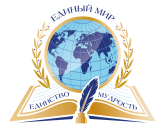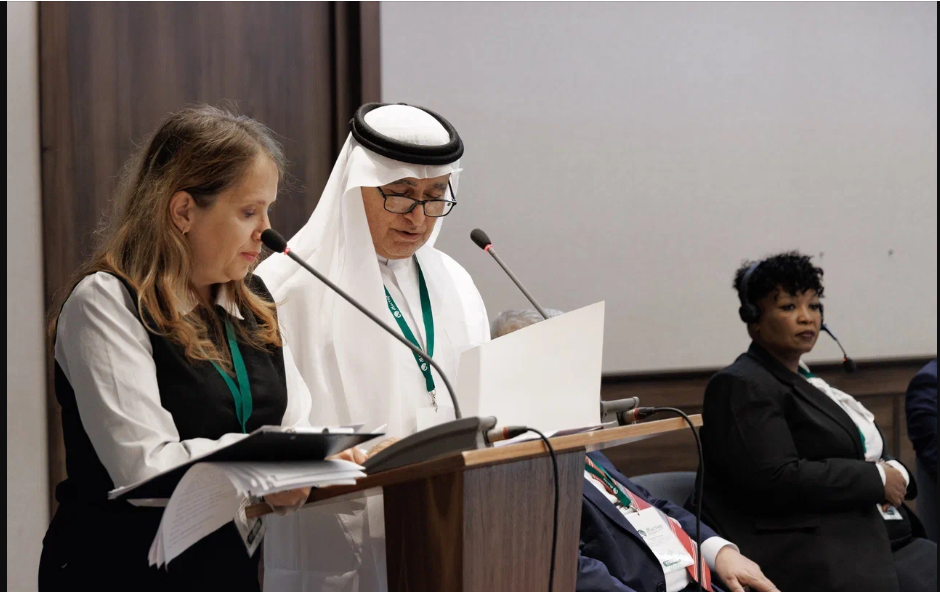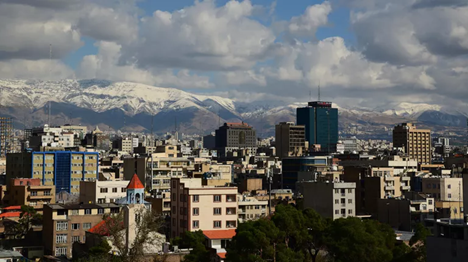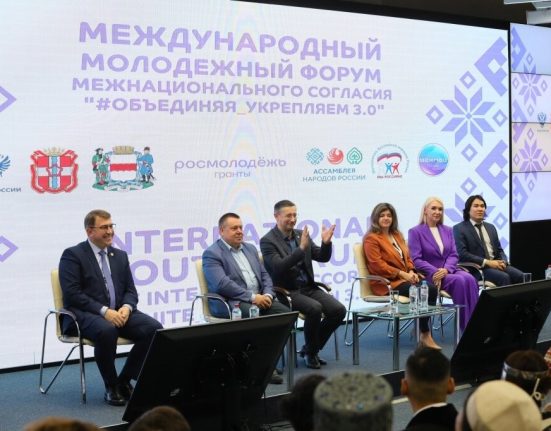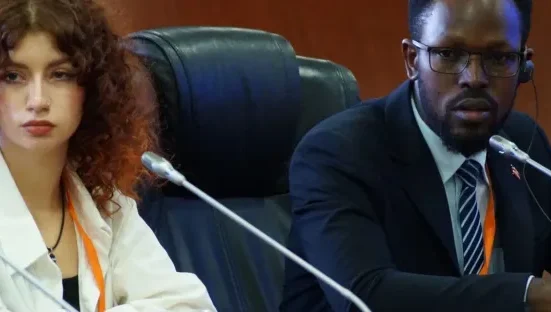Интервью с Председателем Совета директоров Международного института культурной дипломатии ОАЭ Альмуайни Мохамадом Камиль (АМК) Интервьюерами выступили Букин Станислав (БС) и Марсанов Станислав (МС)
Культурная дипломатия играет особую роль в налаживании международного диалога, основанного на взаимном уважении и понимании. Учет традиций и обычаев народов и интеграция культурного кода в повестку выстраивания отношений между странами позволяет формировать устойчивый фундамент здоровых международных связей. В данном интервью мистер Мохамад Камиль Альмуайни поделился своим видением о вкладе культурной дипломатии в развитие международных отношений на современном этапе, рассказал о достижениях ОАЭ на этом направлении, а также выразил уверенность в значительном потенциале российско-эмиратского сотрудничества.
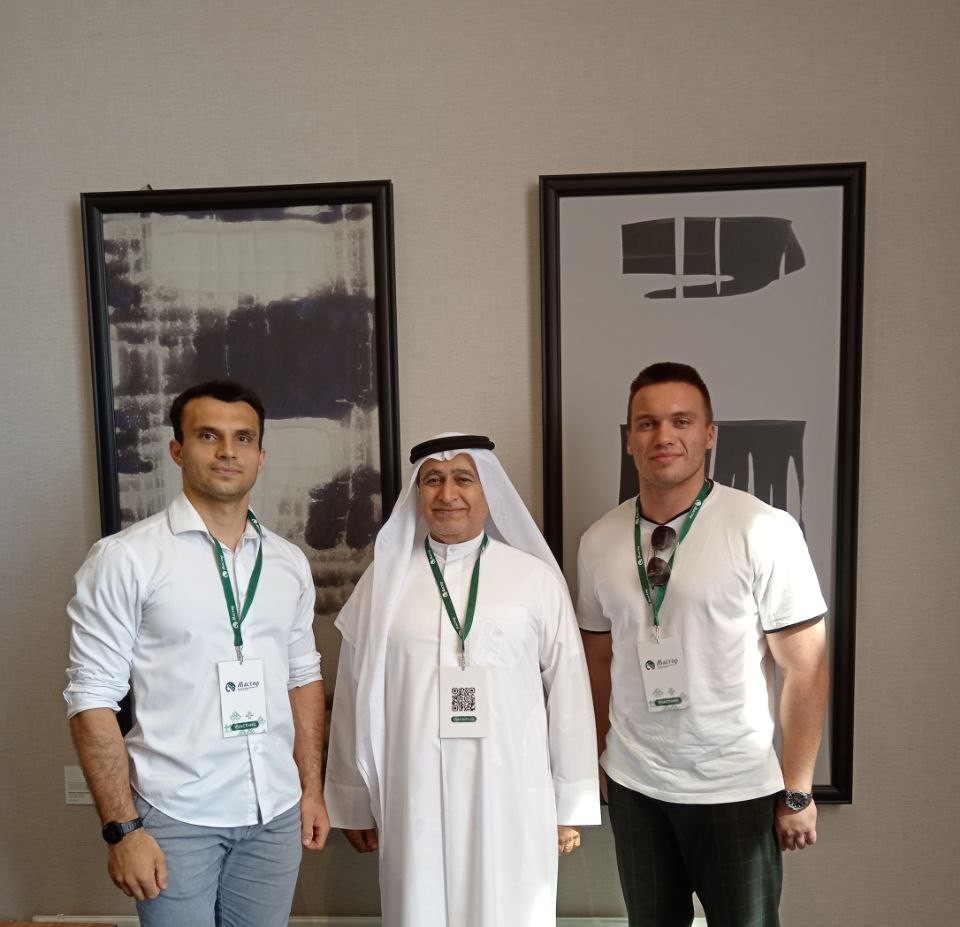
МС: Спасибо большое Вам, что Вы согласились на это интервью. Мы очень ценим Вас и Ваше тёплое отношение к нашей стране
АМК: Вам спасибо, что позвали меня на интервью. Буду очень рад ответить на ваши вопросы.
БС: Уважаемый Мохамад Камиль, могли бы вы в целом рассказать, что вы понимаете под международной культурной дипломатией?
АМК: Очевидно, мы знаем, что для всех нас означает культурная дипломатия. В широком смысле это обмен идеями, ценностями, культурами и всем тем, что помогает людям понять друг друга. Это как раз то, чем мы занимаемся в Международном институте культурной дипломатии. Если сказать кратко, то это поиск общих точек соприкосновения благодаря грамотному, профессиональному подходу и значительному идейному потенциалу. Это своего рода мост между нами и другими, мост между сердцем и разумом.
БС: Культура и дипломатия – это хорошая возможность выстраивать доверительные отношения между нашими странами. На ваш взгляд, какие вызовы стоят перед ней на современном этапе?
АМК: Культурная дипломатия является динамичным и постоянно меняющимся процессом, который играет важную роль в международных отношениях. Она открывает любые двери, подбирает любые ключи, создает хорошую основу для переговоров и дружественных взаимоотношений. Могу привести в пример одну историю, которая случилась между двумя братьями, которые жили в понимании и согласии друг с другом, но однажды между ними случилась серьёзная ссора. Вскоре после этого к одному брату пришли люди, которые хотели подзаработать, и он попросил их построить высокую стену между ним и вторым братом, потому что больше не хотел его видеть. Люди работали весь день. Наступил вечер. Брат пришел посмотреть на стену, но вместо неё увидел мост, ведущий к дому брата. Его удивлению не было предела. Оба брата пошли навстречу друг другу по этому мосту, встретившись на середине моста, обнялись и пожали руки. Братья попросили остаться у этих строителей и работать с ними, но те люди ответили им: «Мы бы с радостью, но нам нужно построить ещё много мостов». В этом и заключается культурная дипломатия.
МС: А как бы вы могли охарактеризовать современный этап глобальных международных отношений?
АМК: Да, глобальные международные отношения на самом деле иногда придерживаются дьявольских стандартов, и это влияет на отношения между странами, и в этом также заключается непонимание культурной дипломатии. Но если люди находят время для диалога, основанного на понимании и уважении, то независимо от их ценностей и вероисповедания, они находят точки соприкосновения. Мы стараемся сотрудничать вместе и продвигать наши идеи, потому что мы живем для нового поколения. Нас всех объединяет забота о будущем поколении, которое должно жить в мире и согласии.
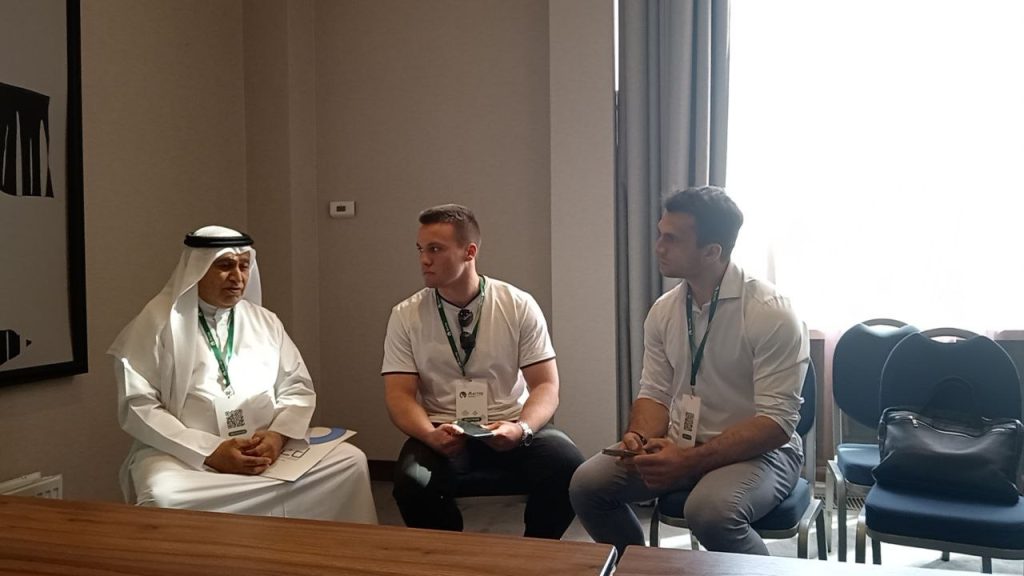
БС: Уважаемый Мохамад Камиль, можете поподробнее рассказать о деятельности вашего института, какие проекты он реализует и какой вклад вносит в развитие международной культурной дипломатии?
АМК: Да, наш институт – это небольшая частная организация, но у нас нет поддержки со стороны правительства или какой-либо другой организации, как внутренней, так и внешней. Это результат наших усилий и совершенствования культурной дипломатии. Мы сотрудничаем с Россией, Индией, Центральной Азией, балканскими государствами и некоторыми африканскими странами. Мы организовываем конференции, форумы, симпозиумы, в то же время у нас есть несколько специальных курсов, связанных с культурной дипломатией, а также с устойчивым развитием, стратегическим управлением, оценкой рисков. Все это мы развиваем среди людей, чтобы они понимали, как улучшить себя, свою страну, а также популярность национальных брендов. Как сделать бренд, узнаваемый во всём мире? Брендом может стать как сам человек, так и крупные компании, например «Эмирейтс Эйрлайнс». Они рекламируют себя, размещая свой логотип на футбольных стадионах и во многих других местах. По этой причине сейчас очень известна эта авиакомпания, когда вы говорите «Эмирейтс Эйрлайнс», вы подразумеваете, что это высокое качество, также как BMW. Это значит, что мы должны использовать спорт, мы должны использовать музыку, мы должны использовать любой инструмент, который объединяет людей. Я хочу привести пример с дубайскими фонтанами во время празднования нового года. Люди в любое время могут увидеть сочетание музыки и танца воды. Но в новый год это не просто вода, это прекрасная музыка с прекрасным танцем воды, света и огня. Здесь вы можете увидеть людей со всего мира, независимо от их религии, национальности и языка. Все они счастливы. Это невероятно привлекательно.
МС: А что, по Вашему мнению, самое привлекательное в России? Может быть, это спорт или танцы?
АМК: Думаю, что это спорт. Потому что мы привыкли смотреть Олимпийские игры. Мне особенно интересны соревнования по шахматам и футболу. Сборная Россия по футболу тоже была лучшей командой, но, к сожалению, на последнем чемпионате мира ее там не было. Но я надеюсь, ваша сборная снова вернётся на международную арену, потому что участие в чемпионате мира — один из главных факторов.
МС: Мы проводили два чемпионата мира по футболу подряд, сначала в России, потом в Катаре.
АМК: Да, после чемпионата мира люди снова хотят вернуться в Россию. И еще танцы, музыка, различные виды искусства, рисование. Все это привлекает людей, независимо от того, какие у них образование, культура, вероисповедание и какой они национальности. Просто люди наслаждаются жизнью, ищут что-то красивое. Каждый человек имеет что-то своё уникальное и делится этим с другими.
БС: Да, Объединенные Арабские Эмираты созданы для того, чтобы наслаждаться жизнью.
АМК: Да, у нас также есть Соглашение Авраама, в котором сочетаются иудаизм, христианство и ислам. Тель-Авив – это чуть ли не единственное место на земле, где переплетаются все мировые религии. Прежде всего, нужно уважение друг к другу.
БС: Уважаемый Мохамад Камиль, как вы можете охарактеризовать нынешнее состояние развития культурной дипломатии между Россией и ОАЭ?
АМК: Да, на самом деле, с каждым годом отношения между Объединенными Арабскими Эмиратами и Россией становятся все более и более тесными. Это началось очень давно, и, когда пришел к власти наш новый посол, он также приложил немало усилий, чтобы отношения между странами вышли на новый уровень. В Москве есть также специальные Дни культуры ОАЭ, когда в центре столицы можно посмотреть прекрасные национальные танцы, также проводятся футбольные товарищеские матчи как в России, так и в нашей стране. Мы знаем, что очень хорошие отношения между нашим президентом шейхом Мухаммедом бен Заид Аль Нахайян и президентом Российской Федерации В.В. Путиным. Кроме того, многие граждане России стали инвесторами, купив недвижимость в ОАЭ. Например, у меня есть друг араб, который очень хорошо знает русский. Кроме того, когда вы летите из Дубая в Россию, вам нужно сделать две пересадки. Самолёты всегда переполнены людьми. И это означает, что людям нравится приезжать в Россию, и им нравится русская культура. Даже на примере того, как с ними персонал аэропорта в Москве, когда вы проходите систему безопасности. Всё привлекает людей, они приезжают сюда все чаще и чаще, переезжая из других стран. Они часто прилетают в Россию, посещая Москву, Сочи, Санкт-Петербург, Казань. Наши граждане открывают для себя всю красоту российских городов.
МС: Какие города России Вы уже посетили?
АМК: Я уже побывал в Москве, Санкт-Петербурге, Волгограде, Казани, первый раз сейчас нахожусь в Саранске.
МС: На Ваш взгляд, какой самый красивый город, из тех, что вы посетили?
АМК: Я не могу выбрать один, каждый город по-своему уникален и красив.
БС: Уникальность нашей страны в том числе обусловлена ее многонациональным колоритом. Возможно ли выстраивание межкультурного диалога между регионами РФ, например Мордовии и ОАЭ?
АМК: Определенно, недавно правительство Мордовии направило письмо в ОАЭ, они должны создать города-побратима между Саранском и одним из городов в Объединенных Арабских Эмиратах. Благодаря этому будут происходить обмен студентами, взаимовыгодное сотрудничество в сфере культуры, спорта и других областей. Это отличная возможность приезжать друг к другу в гости и сотрудничать. У нас есть очень большое сходство между Россией и ОАЭ. И мы можем перенимать опыт друг у друга.
МС: Г-н Мохамад, и последний вопрос к Вам. Способна ли культурная дипломатия стать связующим мостом между странами, чтобы дать начало развитию политических и экономических проектов на базисе межкультурных связей?
АМК: Да, силу культуры нельзя переоценить. Культурная дипломатия, действительно открывает двери. И я не просто так использовал такие слова, как благоустройство, взаимодействие и наведение мостов, что называется «бэб», с арабского это означает «дверь». То есть, когда вы открываете двери в культуру, тогда становитесь связующим звеном и начинаете понимать других, а они понимают вас. Вы становитесь открыты для экономики, политики и бизнеса. Сила дипломатии и культуры заключается в обмене опытом между странами и взаимном развитии. Через культуру вы можете развиваться, учиться понимать, улучшать отношения между странами, нациями и объединять людей. Это то, что нужно нам и нашим будущим поколениям. Ведь мы несем ответственность за мир, в котором они будут жить. Они должны жить лучше, чем мы.
МС: Да, правильная дипломатия это коммуникация, основанная на уважении.
АМК: Согласен с Вами.
БС: Большое спасибо Вам за интервью!
АМК: Спасибо вам, что пригласили!
